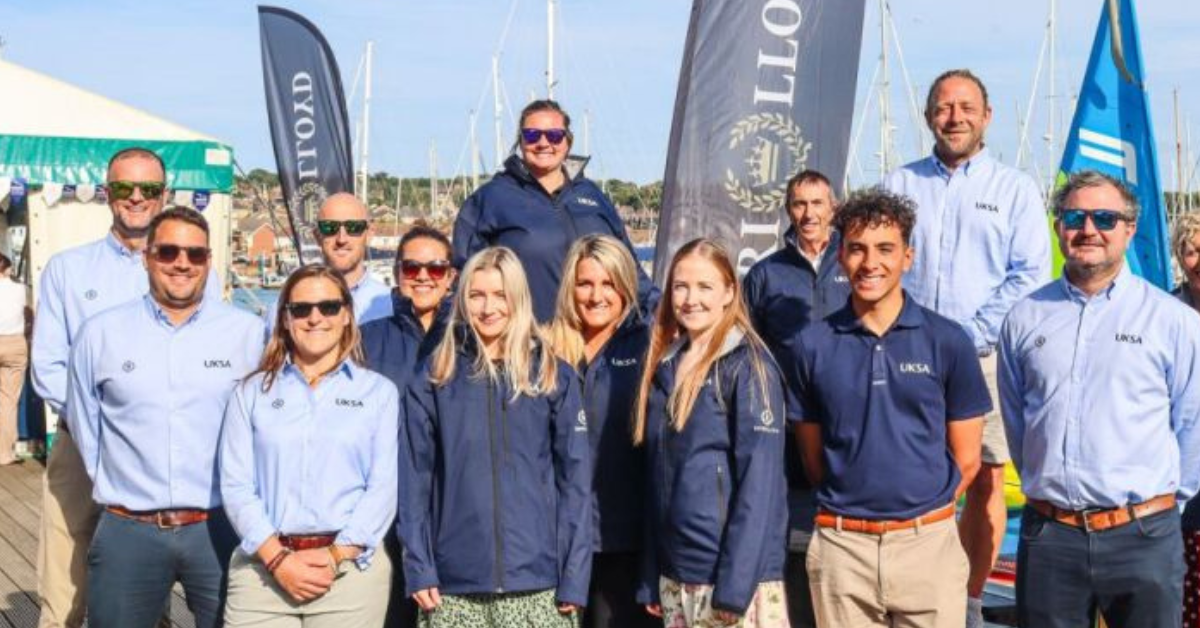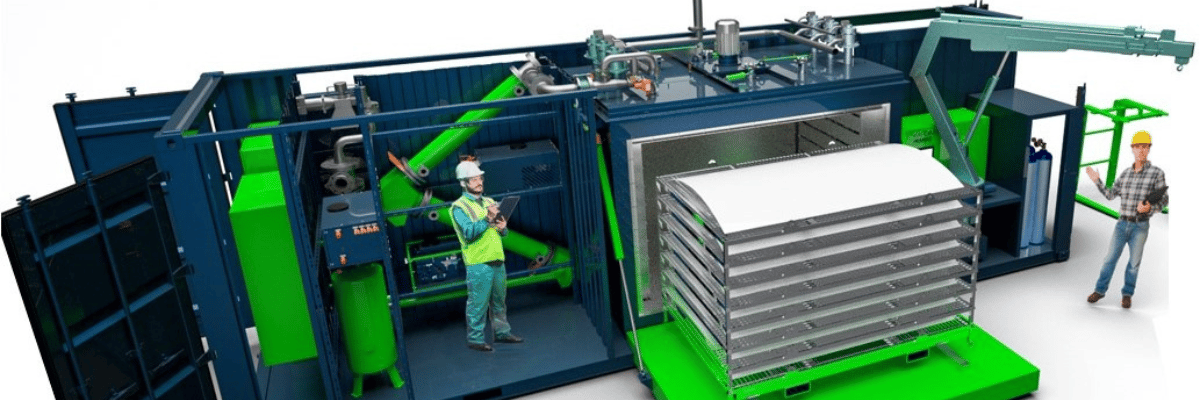Will flax and basalt fibers become the future of marine composites?
 Peter Franklin
Peter Franklin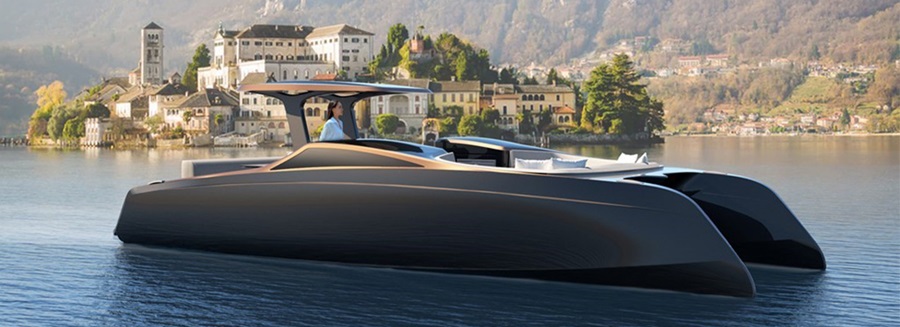
At METSTRADE 2019, the InnovationLab hosted speakers proudly presenting projects which had deliberately moved away from glass fiber / polyester resin composites; the kind that have dominated the boat construction market for decades, and still don’t have an environmentally acceptable waste stream solution, in order to deal with the ever-increasing volumes coming from end-of-use boats.
For instance, Amer Yachts announced their intentions to build from a basalt (volcanic fiber) based composite, while Greenboats presented their 27ft day sailer constructed from a flax / bio resin derived matrix. James Starkey from Norco Composites speaking on one of the Sustainability panels, emphasised the importance of Life Cycle Assessment (LCA) to determine what the real long term environmental impact of any given construction material will be. This means taking its entire life span into account, from raw material harvesting, through to eventual end-of-life impact.
In the half year or so since then, it has become very obvious that more and more boat designers and builders are not only focusing on electric or hybrid propulsion solutions that save energy and reduce emissions, but also turning to genuinely sustainable construction materials. In other words, a new generation of eco-friendly composites seems to be emerging; materials that can effectively have fibers and resins separated and circulated back into boat building, rather than going to landfill or incineration when the boat is no longer in use.
Baltic Yachts, putting flax into hulls
Just recently, our show partners Superyacht News have shared some interesting information about Baltic Yachts, a renowned high-end performance superyacht builder, who have made the transition to flax fiber composites as an alternative to carbon fiber. SY News points out, that after some considerable research and testing, Baltic have reached the conclusion that flax, being a naturally grown and commonly available plant based material, is a good choice for further development, alongside their other sustainability objectives, which are an intrinsic part of their future planning. In fact, they had already made considerable use of flax based composites, for the interior panel work on the well-known Reichel Pugh designed Baltic 130, ‘SY My song,’ delivered back in 2016.
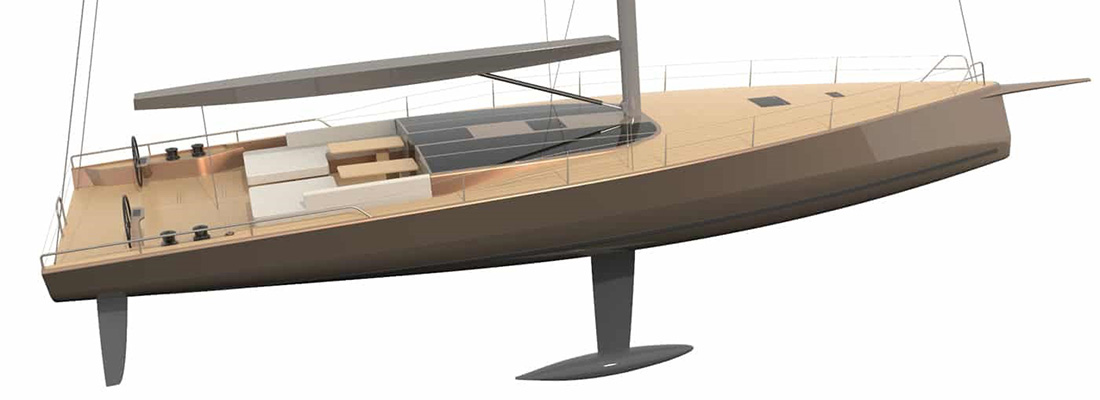
Now they have taken that development further, and are incorporating flax composites into 50% of the structural mouldings on their new Baltic 68 Café Racer. A sleek and futuristic looking 20 metre yacht that is really pushing the boundaries, right across the board, with a host of sustainable design features. These include zero emissions from her 30kw electric engine, solar power for running onboard systems, and an attractive hard-wearing deck made from Lignia Wood, a teak alternative engineered softwood with a 50-year lifespan, which was the winner of last year’s DAME awards at METSTRADE.
Norco Composites and RS Electric Boats team up
At the other end of the scale, one of the most successful segments of the consumer boat sales market, which has seen more growth in recent years than most others, are RIBS (Rigid Inflatable Boats). This potential has no doubt attracted RS Sailing, a UK based volume producer of sailing dinghies into the RIB business, with a new subsidiary called RS Electric Boats. Following two years of research into a fully bespoke sustainably designed electrically powered 5.8 metre RIB, the company have recently announced that they have chosen Norco as the composites manufacturer for the production of the new boat, which will be called the Pulse 58.
Norco have said that they are working with RS in order to produce the most sustainable laminate for RIB construction in that particular boating sector. The material specification will consist of a bio-based infused epoxy resin, with a recycled PET core material. The matrix will be reinforced with naturally sourced basalt and flax fibers, which Norco claims to have outstanding strength and energy absorption characteristics for such marine applications.
Being based in Romsey on the South Coast of England, and only a short distance from Norco in Poole, RS say that their choice of composites supplier will also keep transport distances to a minimum, thus further reducing the carbon footprint of the total production process.
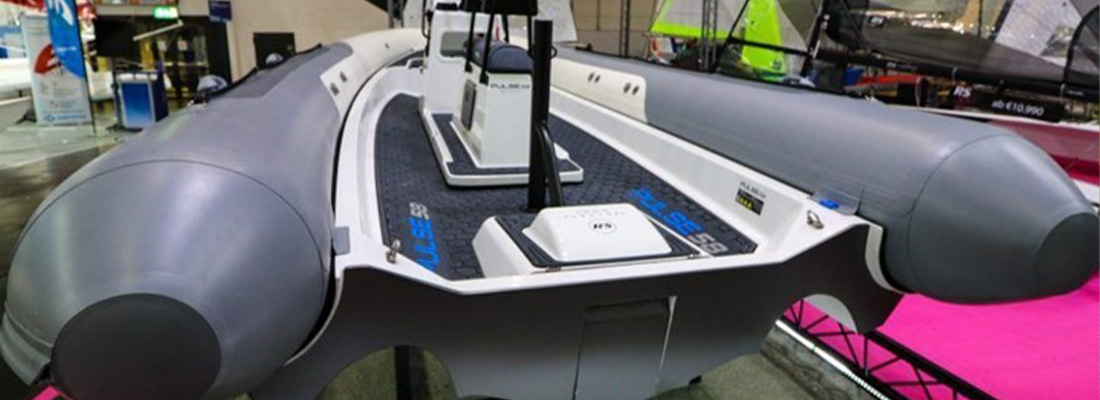
Voltaire specifies flax reinforced composite
So, from superyachts to RIBS, to day sailers; and now to luxury power boats, the flax revolution seems to be well and truly underway. More evidence of this was recently announced by the German-US boat builder Voltaire Electric Yachts who have launched their futuristic looking Voltaire 33 Sky model. A 9.9 metre Jonas Hertwig designed twin-hulled, coastal cruising power boat, fitted with a couple of Torqeedo Deep Blue 50kw electric engines; she has a top speed of 17 – 20 knots, cruises at 12 knots, and has a range of 100nm at 9 knots.
Votaire point out that the glass reinforced polyester materials, heavily used for boat construction for the last 70 years, are harmful to the environment, hazardous for workers, and susceptible to osmosis. Whereas, the composite which is used for the Sky 33, a flax-fiber embodied in a bio epoxy resin, has proven toughness and superior structural properties already used successfully in racing car applications, as well as being less harmful to the environment, and more readily deconstructed at end-of-life.
More about flax and basalt based composite materials
James Starkey Project Manager for Norco Composites, will once again be participating in this year’s Sustainability Panel Discussions at METSTRADE, moderated by ICOMIA’s Technical Manager, Patrick Hemp on 18th November, at the I-nnovationLab. James is always happy to share his knowledge and experience with show visitors.
Share your stories on leisure marine industry with us
Do you have an innovation, research results or an other interesting topic you would like to share with the leisure marine equipment industry? The METSTRADE website and social media channels are a great platform to showcase your stories! Let us know via metstrade@rai.nl
Are you a METSTRADE exhibitor?
Make sure you add your latest press releases to your Company Profile in the Exhibitor Portal for free exposure.
